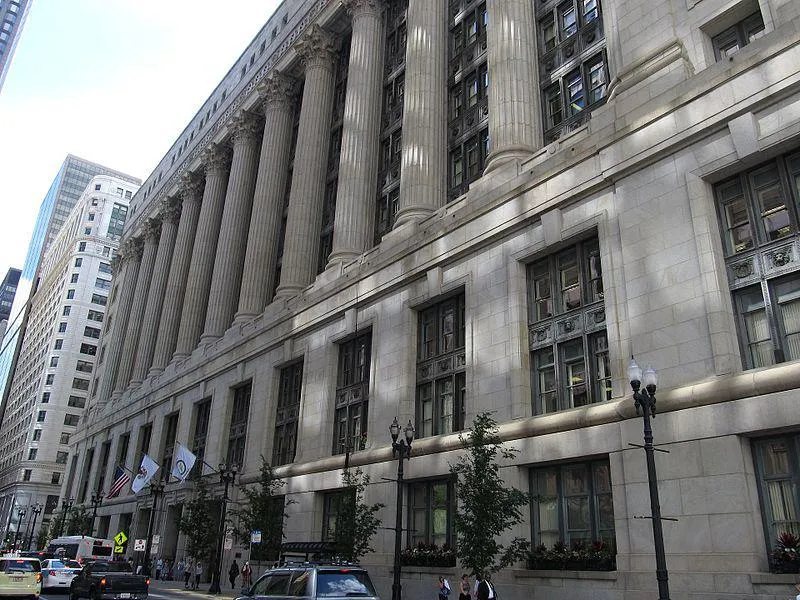2025 Chicago budget avoids layoffs of city workers

Following a long and arduous process, the Chicago City Council passed a budget for 2025 on Dec. 16. The good news: The $17.3 billion budget contains no layoffs or furloughs of AFSCME members.
In fall 2024, facing a $1 billion budget shortfall, Mayor Brandon Johnson introduced a budget that fully funded vital services and averted any layoffs or furloughs of city employees. But a number of aldermen insisted they would not support the property tax increase included in that plan and called for drastic cuts.
That’s where AFSCME came in. Adrienne Alexander, Council 31’s Director of Intergovernmental Affairs, played a crucial role in the negotiations between the mayor’s team and City Council members, making sure that the final budget did not include layoffs or significant service cuts. She got strong backing from other Council 31 staff and the voices of members who contacted their aldermen.
Even in the face of stiff opposition from many aldermen, the mayor kept his commitment to city workers, who went into the holiday season without worrying about losing their jobs or getting furloughed.
The final budget addresses the shortfall through elimination of vacancies in several departments, as well as increased taxes and fees on a number of services, including cloud computing, parking garages, and rideshares, as well as through tapping into a surplus of tax increment financing dollars.
However, because a majority of aldermen refused to include any property tax increase, another financial crisis is looming for next year’s budget.
While layoffs were avoided in this budget, the city is already projecting an even larger financial shortfall for next year
“Our work must start now in making sure that the City of Chicago raises adequate revenue, including exploring alternative revenue-generating measures,” said Council 31 Executive Director Roberta Lynch.
Some aldermen will surely use next year’s projected shortfall as an opportunity to advocate for slashing union jobs and city services, and AFSCME members must remain ready to oppose those efforts and fight to ensure that Chicago remains on sound fiscal footing with fully staffed departments and robust public services.
